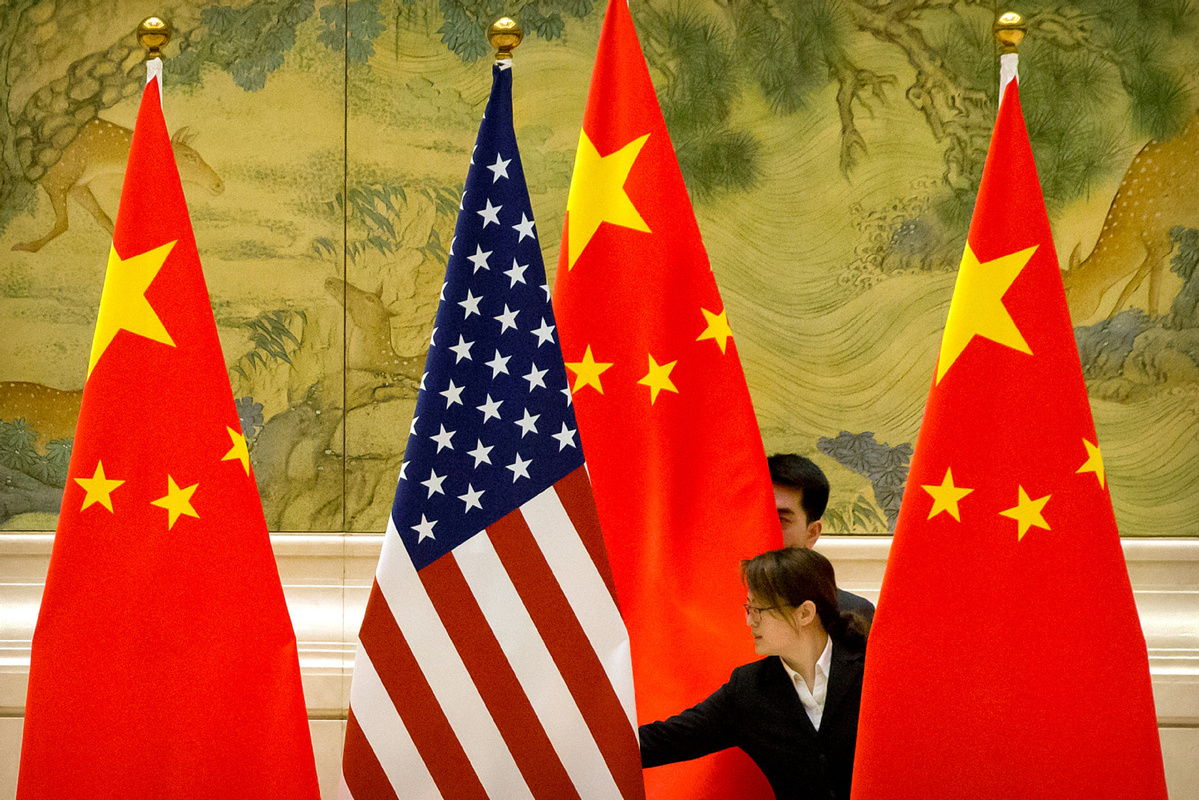Washington playing 'losing game' with China, former US diplomat says


Washington is playing a "losing game" with China, wrote Charles Freeman, a former senior US diplomat who has witnessed the establishment and development of China-US diplomatic relations, in an article published on East Asia Forum.
"Washington would be easy to spot in a game of chess. It's the player with no plan beyond an aggressive opening. That is no strategy at all," Freeman said.
US farmers have lost most of their $24 billion Chinese market, Freeman went on to say, as US companies have had to accept lower profits, cut wages and jobs, defer wage hikes and raise prices for American consumers. As the US shift to managed trade has cost an estimated 245,000 American jobs while shaving about $320 billion off US GDP, American families are paying as much as $1,277 more a year on average for consumer goods, Freeman said.
Conversely, there has been almost no reshoring of American jobs outsourced to China. Freeman predicted the United States could expect job losses of 320,000 by 2025 and a GDP $1.6 trillion less than it would have been.
While China's overall trade surplus rose to a new high of $535 billion in 2020, Beijing improved its position by lowering barriers, striking free trade deals with countries other than the United States and sponsoring a trade dispute settlement mechanism to replace the "US-sabotaged" WTO, Freeman asserted.
"Competitive rivalry can raise the competence of those engaged," he added. "But antagonism, seeking to hamstring one other, is not beneficial. It entrenches hostility, justifies hatred, injures and threatens to weaken both sides."
Freeman concluded: "US-China policy should be part of a new, broader Asia strategy — not the determinant of relations with other Asian nations or the driver of policies in the region. To hold its own with China, the United States must renew its competitive capacity and build a demonstrably better-governed, better-educated, more egalitarian, more open, more innovative, healthier and freer society."


































